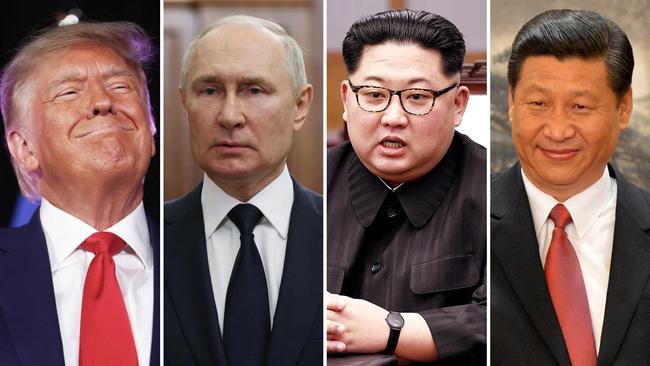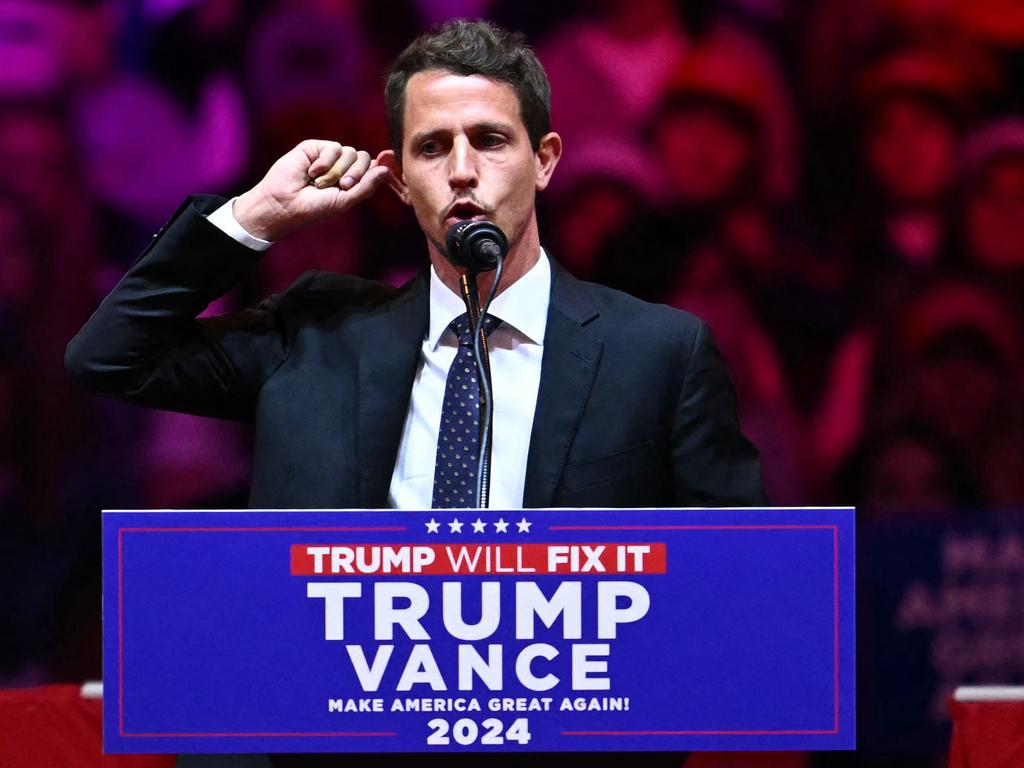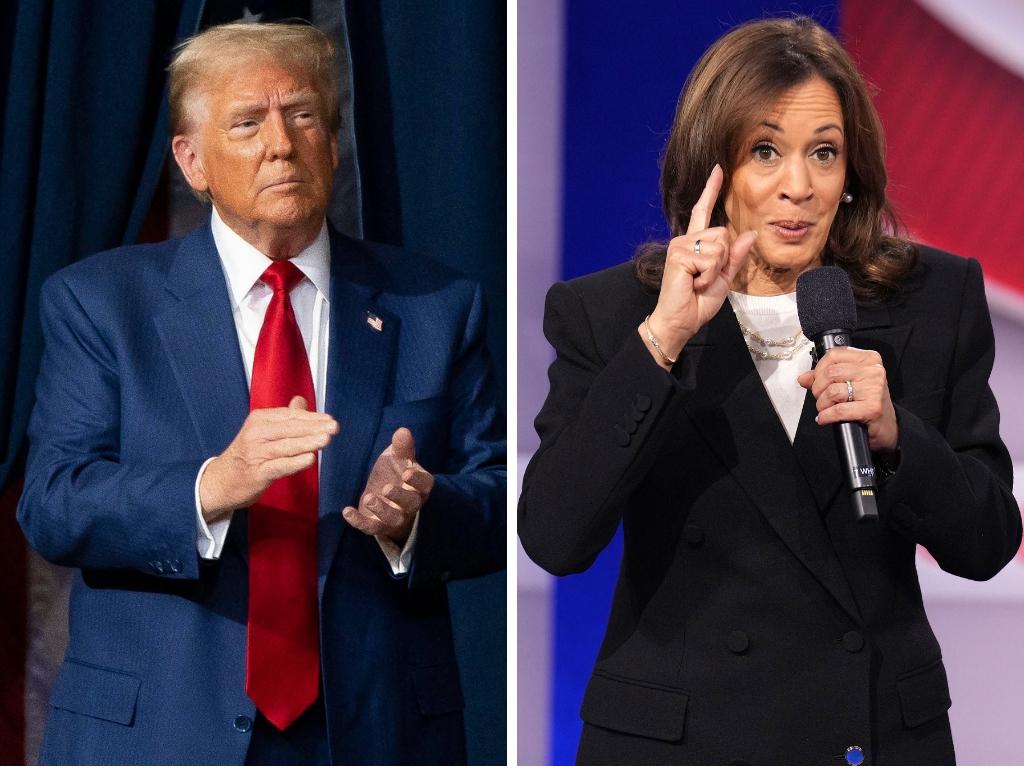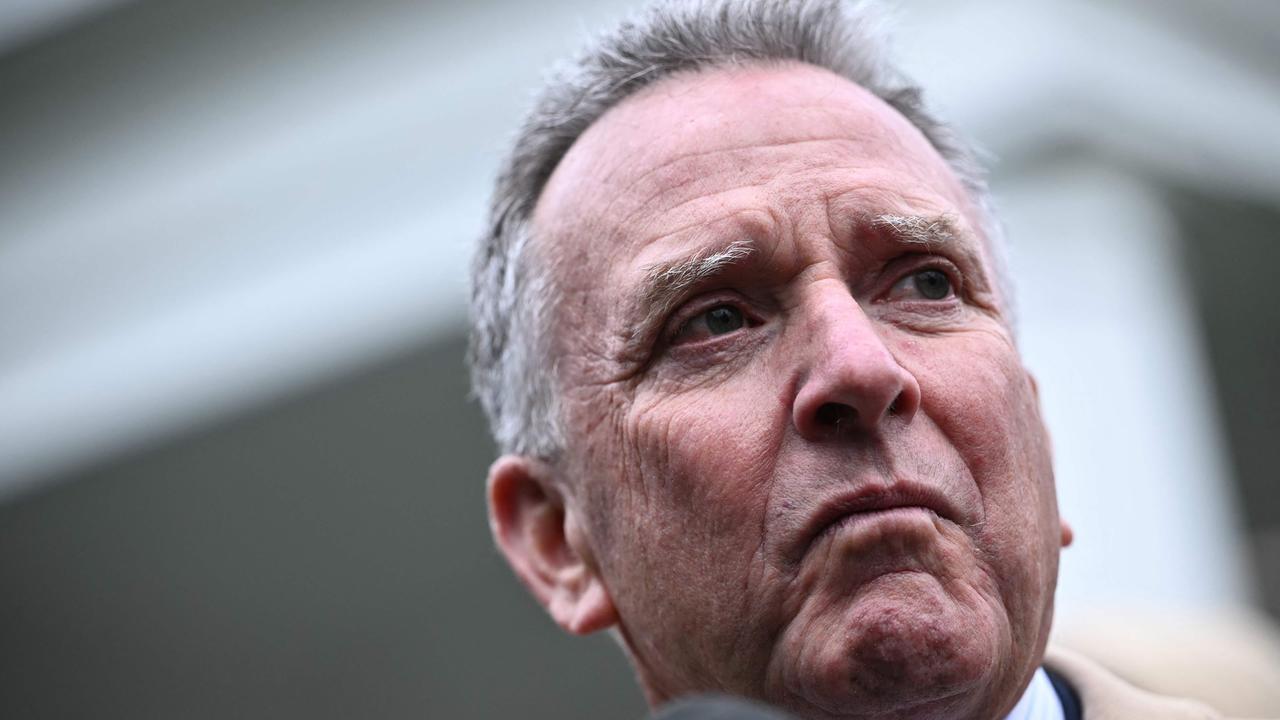Donald Trump and the ‘brilliant’ dictators

This rhetoric was on display again on Friday in Mr. Trump’s interview with podcast host Joe Rogan. Consider this exchange over dealing with Vladimir Putin and Chinese President Xi Jinping:
Mr. Trump: “We’re dealing, Joe, we’re dealing with the smartest people. They hate when I say, you know, when the press, when I called President Xi, they said, ‘He called President Xi brilliant,’” Mr. Trump said. “Well, he’s a brilliant guy. He controls 1.4 billion people with an iron fist. I mean, he’s a brilliant guy, whether you like it or not. And they go crazy.”
Mr. Rogan: “Right. It doesn’t mean he’s not evil, or it doesn’t mean he’s not dangerous.”
Mr. Trump: “Actually, we have evil people in our country. If you have a smart president, he can deal with Russia. He can deal with all of it.”
The reason freedom-loving people don’t like talk like this is because it flatters Mr. Xi for his success in terrorizing his people “with an iron fist.” Mr. Xi may be a smart guy, but you don’t have to be brilliant to rule when you can arrest or purge anyone at any time. All you have to be is ruthless and remorseless.
Mr. Rogan gave Mr. Trump an opening to speak such a truth, but the former President immediately pivoted to talking about his opponents in the U.S. This fits his pattern of describing his domestic opponents in nastier terms than he does rulers who imprison their people on a whim or start wars that kill tens of thousands of people.
Mr. Trump probably thinks he’s maintaining negotiating flexibility with Mr. Putin, Mr. Xi and North Korean dictator Kim Jong Un. He likes to flatter all of them. It’s as if he thinks his personal charm can win them over to sign some diplomatic or military deal.
But Mr. Trump tried that with Mr. Kim in the first term as he gave the North Korean the diplomatic endorsement of two face-to-face meetings in the hope of getting him to abandon nuclear weapons. The meetings accomplished nothing, but our sources say Mr. Trump is determined to try again if he’s re-elected.
On an instinctive level, Mr. Trump does seem to understand deterrence—certainly better than President Biden or Kamala Harris do. We assume this is what he’s getting at when he frequently says that “Russia would have never gone into Ukraine if I were President.” As he put it recently when he met with Journal editors and columnists, he thinks he wouldn’t have to use military force to stop China from invading Taiwan because Mr. Xi “respects me, and he knows I’m f— crazy.”
That may be true, but the world is also different than it was when Mr. Trump left office in 2021. The dictators he says he got along with then are on the march now and they’re working together more than they ever have. North Korean troops are fighting for Russia against Ukraine, and Russia is shielding North Korea from nuclear sanctions enforcement. China and Iran are also helping Russia.
The U.S. military’s advantage over adversaries has also declined, a fact that Mr. Trump has done little to acknowledge or warn about in his campaign. It will take more than flattery and unpredictability to reestablish American deterrence, and that will include Western rearmament and reliable alliances.
Mr. Trump has borrowed Ronald Reagan’s mantra of “peace through strength,” and that’s the right message. But Reagan also won the Cold War, and spread global freedom, because he told the truth about adversaries even at the risk of offending them. He called the Soviet Union an “evil empire.”
It would be reassuring if Mr. Trump said, at least once in a while, that these dictators are dangerous and the enemies of liberty. One place to start would be speaking publicly for the release of publisher Jimmy Lai from unjust imprisonment in Hong Kong. That would send a message heard ’round the world.
The Wall Street Journal






Donald Trump isn’t the wannabe Hitler Democrats claim he is, but he sure seems to have a soft spot for the world’s dictators. This is one of the former President’s rhetorical habits that raises questions about how he’d conduct foreign policy in a second term, even among many of his supporters.